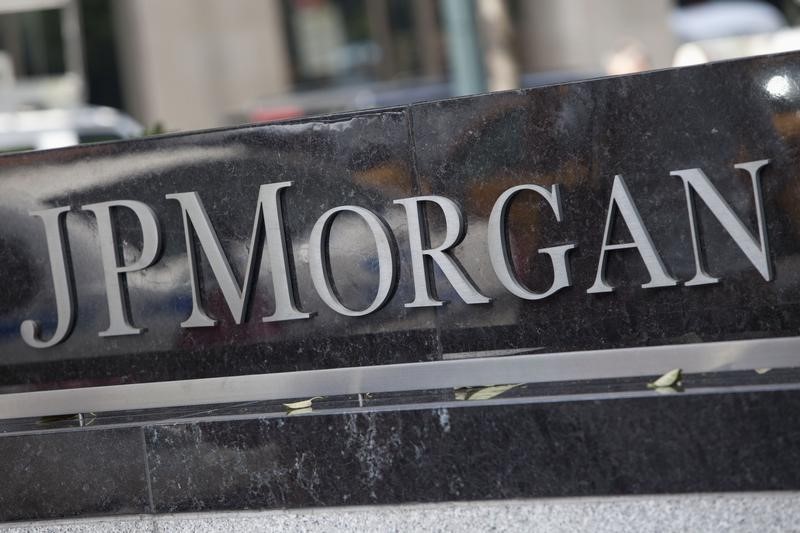With the S&P 500 recently hitting another all-time high, the investor sentiment is predominantly bullish, resulting in a consensus view on the "goldilocks outcome" among market participants.
However, there are concerns that inflation could trend higher due to lenient financial environments, strong labor markets, and generous government spending policies, JPMorgan strategists cautioned in a Monday note.
This situation may force the Federal Reserve to maintain elevated interest rates for an extended period.
“Additionally, the narrative could turn from goldilocks toward 1970s-style stagflation given geopolitical headwinds to global trade that could be exacerbated by the Nov US election,” they wrote.
This narrative shift could have “significant implications for asset allocation” in the equity market, the strategists warned.
They pointed out that in the 1970s, there were three distinct surges in inflation, each linked to geopolitical events. In this period, the equity markets remained largely unchanged in nominal value, while bonds saw significant outperformance.
“We see upside risks to inflation given loose financial conditions, tight labor markets, high government spending, and geopolitics (as the 1980s-2000s ‘peace dividend’ unwinds),” JPMorgan’s chief market strategists said.
Another macroeconomic risk, tied to global trade uncertainties, geopolitical shifts, and inflation concerns, is presented by the US elections happening this year.
“Our view is that there is likely no market upside related to the US election, as the outcome is either status quo or increased uncertainty related to global trade and geopolitical/domestic tensions,” the strategists added.
"Investor positioning has increased significantly and presents an increasing headwind for the market.”
